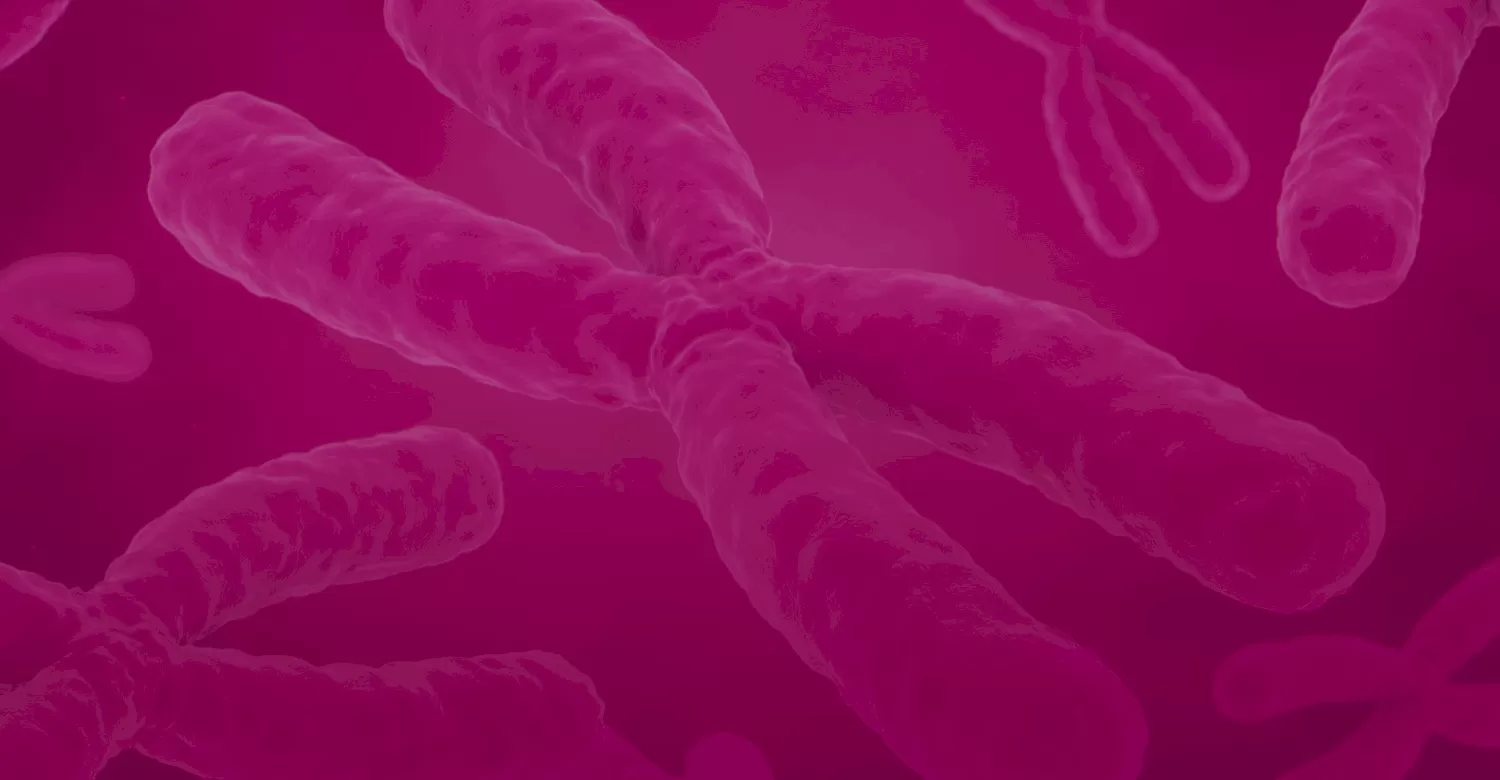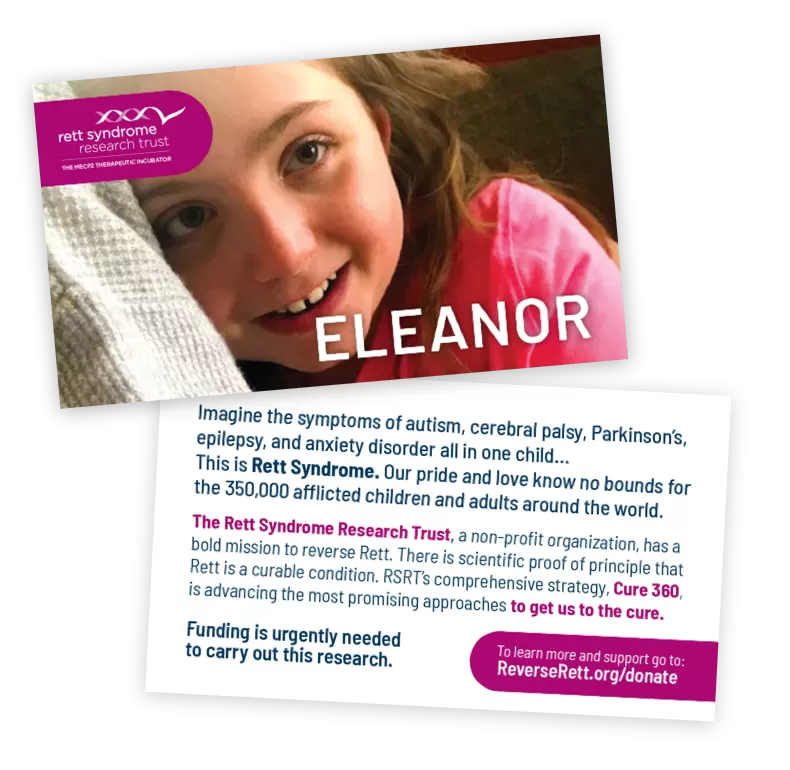For All Families
Whether your loved one was diagnosed yesterday or 20 years ago or more, we share a common bond. Several members of our staff and most of our trustees have a teenaged or older child with Rett syndrome. Like you, there is nothing we want more than to heal our children. We have so many reasons to be confident that your child and ours will benefit from the research that RSRT is advancing.
We recognize that you may have as much or more experience than we do with living with Rett syndrome. You also likely know the Rett community well. We want to know you and to learn from you.
DAYBUE (trofinetide)
In March 2023 the FDA approved DAYBUE as a treatment for Rett syndrome. Our science team, in response to many families asking for our help in understanding the results of the clinical trial, prepared a document called DAYBUE (Trofinetide): Key Facts for Parents. The purpose of this document is to provide facts to help families and their physicians make their own risk: benefit assessment about DAYBUE.

Ways to Get Involved
Now is the time to get involved with us.
- Join us and connect with our Rett community. It takes only a minute. This will give you access to RSRT research updates and activities. If you are a parent or family of a child with Rett you’ll be subscribed to RSRT’s e-newsletter specifically for families.
- Join the digital natural history study. Share your child's electronic health records and help us learn more about Rett while advancing drug development efforts. Just takes a few mintues to join.
- Join the Rett Syndrome Global Registry. The Registry is a fully remote parent-reported database to centralize your loved one's information, track and graph health data, share data with doctors to improve care and contribute to a cure for Rett!
- Access our Thriving with Rett Guides. These are full of information and resources that are helpful to all Rett families.
- Take Action to help speed the research.
- Contact us. Have questions or ideas? Want to know more about the research? Want to be introduced to other affected families?
Monica Coenraads, Chief Executive Officer, daughter Chelsea has Rett | monica@rsrt.org | 203.445.0041
Tim Freeman, Chief Development Officer, daughter Eleanor has Rett | tim@rsrt.org | 609.309.5676
Jennifer Endres, Family Liaison, daughter Jilly has Rett | jennifer@rsrt.org | 508.280.7506



About Rett Syndrome
Imagine the symptoms of autism, cerebral palsy, Parkinson’s disease, epilepsy, and anxiety disorder … all in one little child.
Rett syndrome is a serious, lifelong neurological disorder that is caused by random mutations in a gene called MECP2. Diagnosed primarily in girls, symptoms typically appear in toddlerhood. Many children with Rett are unable to speak, walk, or use their hands. Breathing problems, feeding tubes, seizures, anxiety, and gastrointestinal and orthopedic issues are common.
Despite the debilitating nature of the disorder our children are so much more than a laundry list of symptoms. Their beauty and their strength inspire and motivate us.
Rett syndrome stands apart from other neurological disorders due to the dramatic reversibility of symptoms in animal models. Our confidence that Rett syndrome is curable guides our every decision.
Although rare, boys can also have Rett syndrome. Please visit our Genetics Primer to learn more. With the exception of the MECP2 Reactivation strategy all the research that RSRT supports is also applicable to boys.
Genetics 101
Mutations in a gene called MECP2 (methyl-CpG-binding protein 2) were identified as the cause of Rett syndrome in 1999, in the laboratory of Huda Zoghbi, MD, at Baylor College of Medicine. First discovered by Adrian Bird, PhD, in 1990, MECP2 produces a protein, also called MECP2, which regulates the activity of other genes. In most cases, the damaged copy of MECP2 can be traced to a random mutation in sperm. The incidence of recurrence in a family is less than 1%.
Although Rett syndrome remains a clinical diagnosis based on the child’s symptoms and history, the identification of MECP2 has made DNA testing and confirmation possible for affected individuals and their families. To date, approximately 95% of girls with a clinical diagnosis of Rett have a confirmed MECP2 mutation.

Rett Clinics
Explore the list of clinics in the US and internationally that have expertise in Rett Syndrome.
Clinical Trials
Clinical trials and studies are important aspects of developing treatments for diseases. Please visit the clinicaltrials.gov website to learn more

Rett Fact Cards
Next time you find yourself answering questions about your child and Rett syndrome with people you meet at a restaurant, school function or standing in line at the grocery store, whip out a personalized Rett Fact Card.


